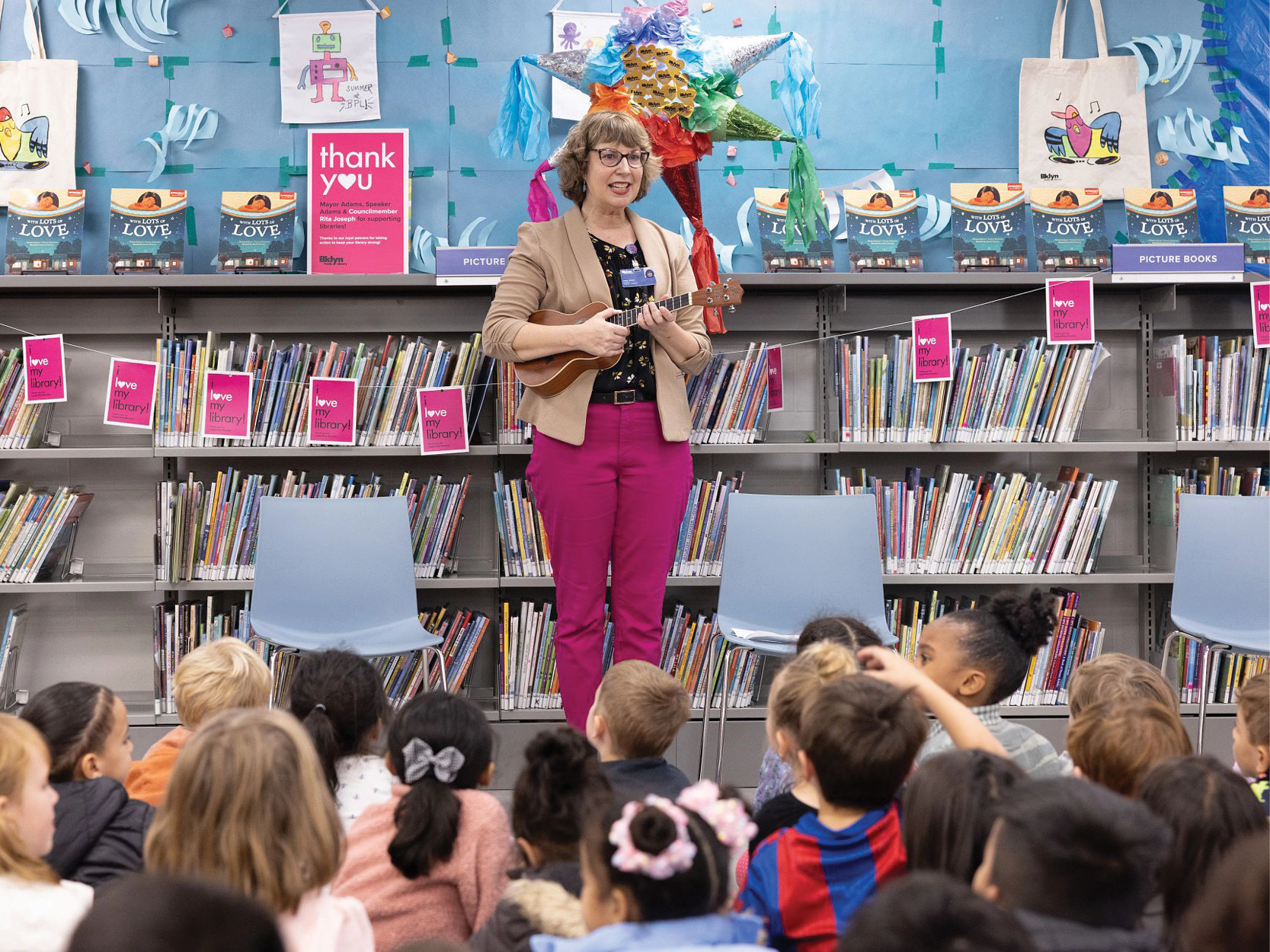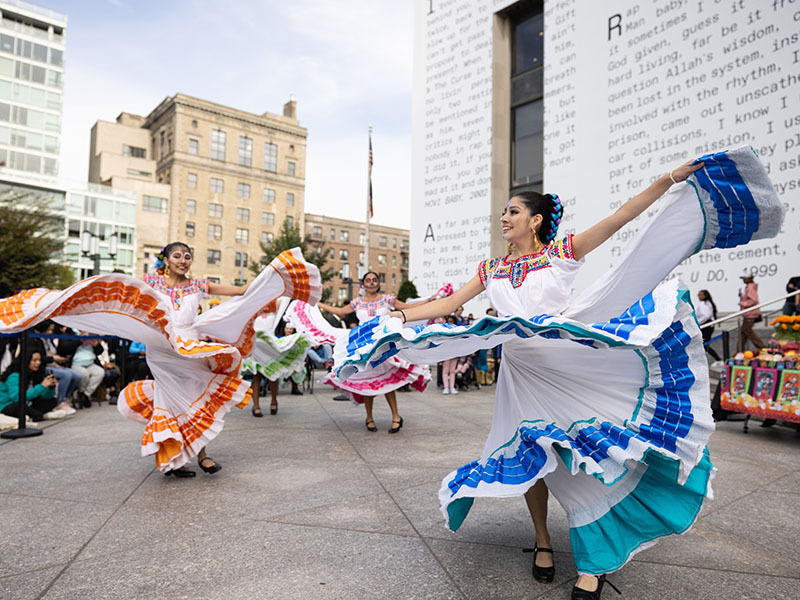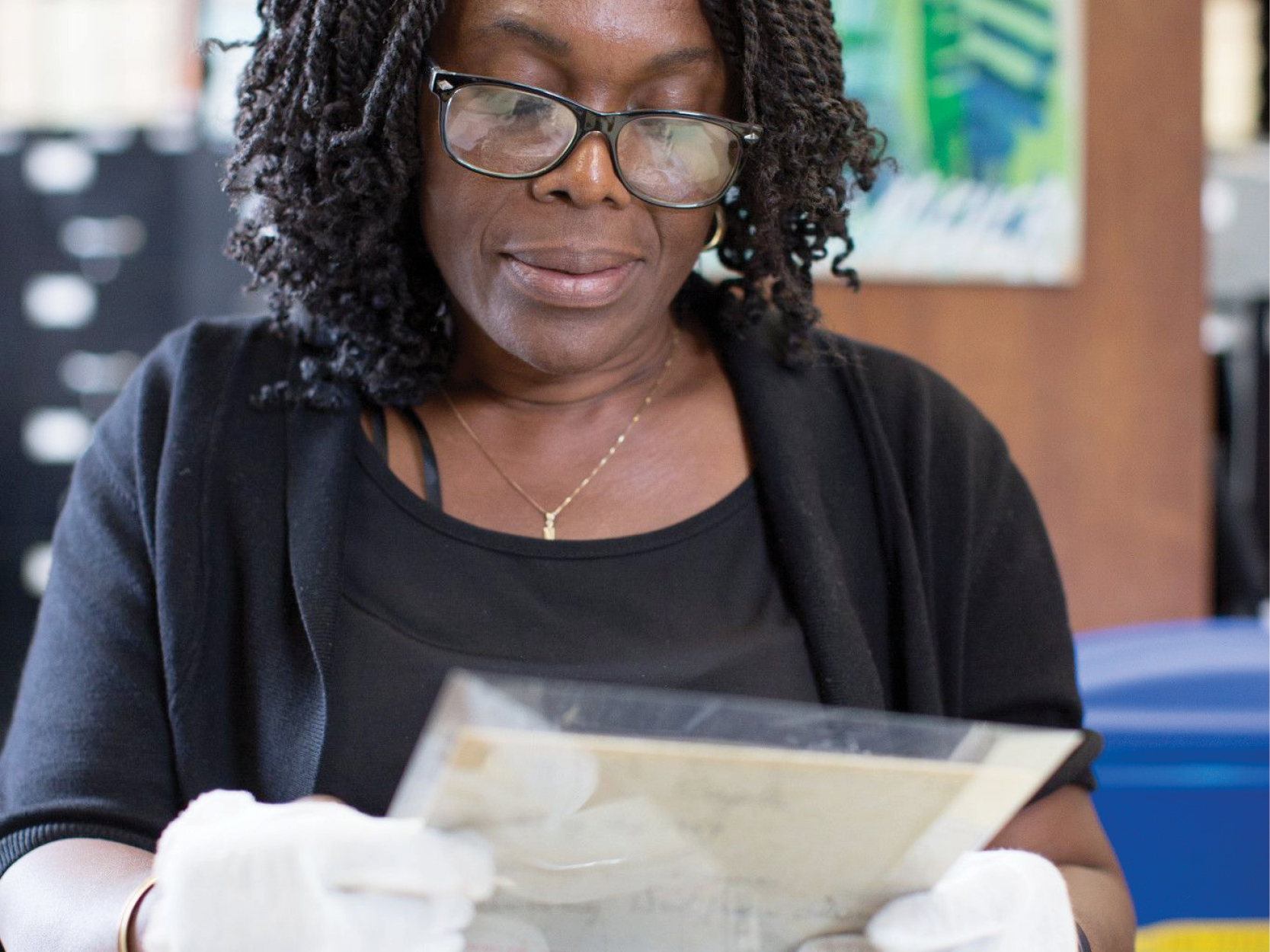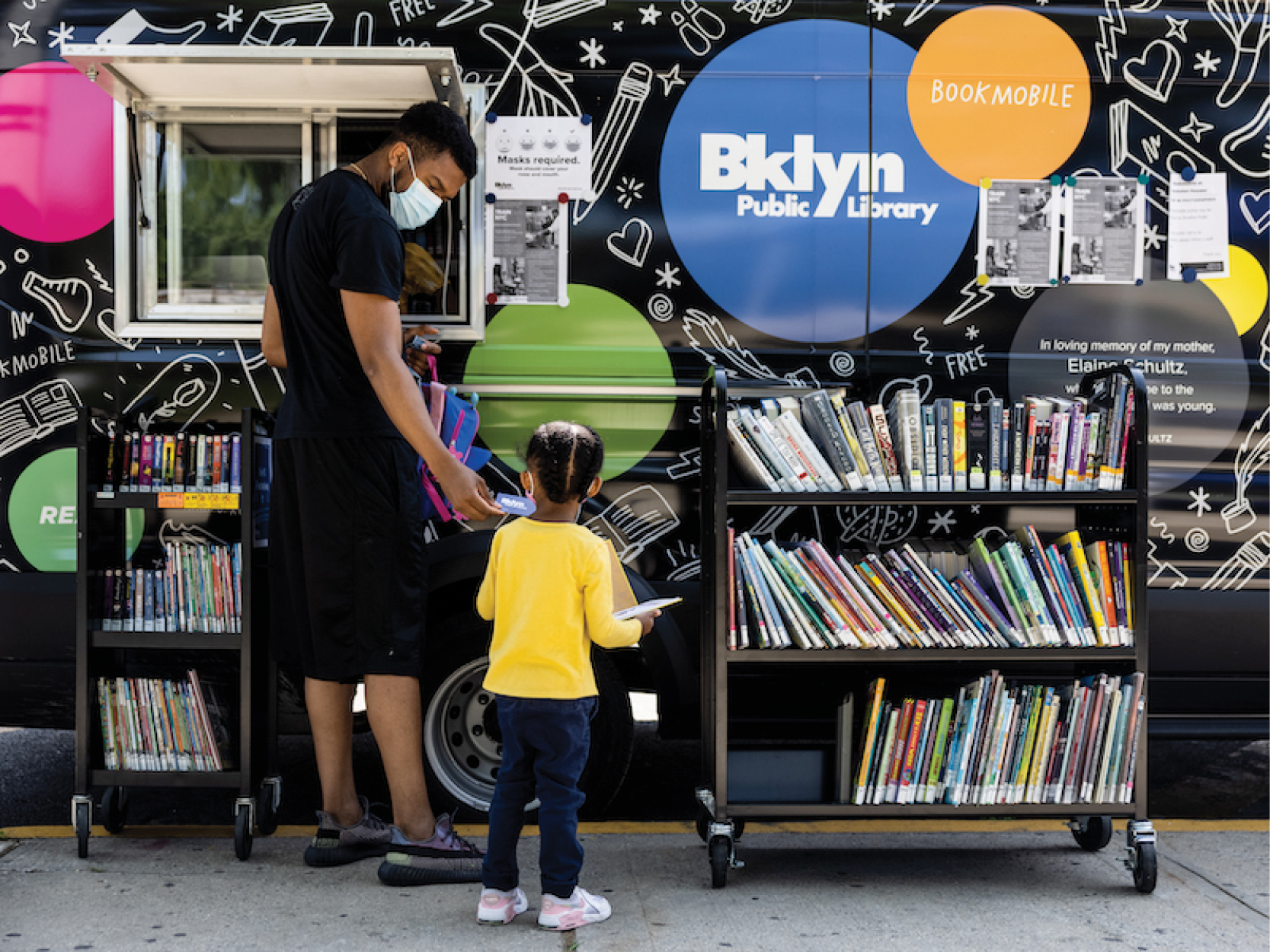While re-housing the Business and Industry section of the Brooklyn Ephemera Collection, I stumbled across this catalog and price list for Waterbury Cordage. I don't know why this little book seemed so interesting other than, a. I like the word "cordage" and b. the cover art is beautiful. I found myself reading about types of rope, learning how to make splices, and deciphering strange images of what I now know to be a cross-section of rope. My only knowledge of ropemaking comes from reading Moby Dick. I was curious to see what else I could find out about rope, this company and these fascinating products. I mean, look at the cover art, by Walter Meyner of New York! 
Ropewalks have been present in Brooklyn since its settlement. Henry R. Stiles' The Civil, Political, Professional, and Ecclesiastical History and Commercial and Industrial Record of the County of Kings and the City of Brooklyn, N.Y. from 1683 to 1884, in a section called "Ropes, Cordage and Twine" gives a fascinating account of this industry in Brooklyn. Ropes were made by hand, in the early history of rope making in Kings County, "...the strands being spun and twisted by a wheel and spindle turned by a stout man...", according to Stiles. Waterbury Cordage offered several types of ropes with concise descriptions for towing lines, steamboat lines, wheel rope, and mill carriage rope for examples. The Waterbury 4 Strand Manila Rope was made both with and without a heart. The two types of cordage mentioned on the cover of the catalog, Manila and Sisal, were spun by machines. Many of these machines were invented and patented by John Good, the leading manufacturer of ropemaking machines in the United States. His company was located at Washington Avenue and Park Avenue in Brooklyn.
From the catalog itself, I learned that the Waterbury Company was founded in 1816. After quickly reading through Stiles' section on the rope industry, I learned that Noah Waterbury was the man responsible for the opening of this ropewalk in the Eastern District of Brooklyn on Waterbury Street. After searching for Waterbury Cordage in the Brooklyn Daily Eagle Online, I found that the company had a handful of owners and a scandal reminiscent of today's financial crisis. This scandal involved the excess profits that the McKinley Tariff provided to the company, and market speculation. The McKinley Tariff of 1890 heavily protected American manufacturing and essentially wiped out the competition for imported goods. The National Cordage Company (a company owned by J.M. Waterbury) was the most actively traded stock in 1893. Many investments at that time were financed by bonds with high interest rates. The over-valued company was placed under receivership after rumors regarding financial distress circulated.
This little book, with its captivating cover art, led me to a new world of fascination and romance--the world of 19th century ropemaking.
This blog post reflects the opinions of the author and does not necessarily represent the views of Brooklyn Public Library.
My great-great grandfather
If you would like to learn
Wow that is an interesting
I lived at 297 Maumee Street
Hi Antonio,
My grand uncle listed his
Looking for info regarding
Hello, you can write to our
Looking for a Samuel Kelly
Hello, you can write to our
Post a Comment
While BPL encourages an open forum, posts and comments are moderated by library staff. BPL reserves the right, within its sole discretion, not to post and to remove submissions or comments that are unlawful or violate this policy. While comments will not be edited by BPL personnel, a comment may be deleted if it violates our comment policy.
eNews Signup
Get the latest updates from BPL and be the first to know about new programs, author talks, exciting events and opportunities to support your local library.







